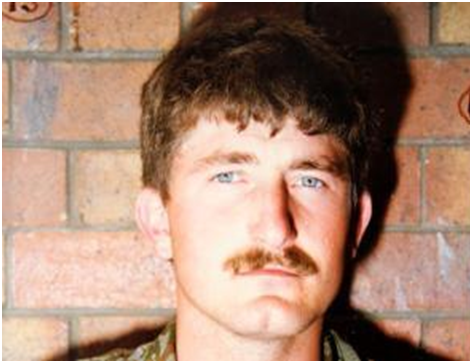This Day in History: November 15, 1988
Additional Date: November 15, 1988
On 15 November 1988, 21 year-old Barend Strydom went on a killing spree with his pistol and attempted to shoot every Black person he encountered. He killed 8 people and seriously wounded 16 before he was confronted and stopped by Simon Mukondoleli, a taxi driver working in the legislative capital.
Strydom claimed to be the head of a white supremacist group called the ‘Wit Wolwe’ (White Wolves). Upon investigation, however, it was found that the organisation did not exist and was a figment of Strydom’s imagination. He claimed that his actions were a necessity to the survival of his people. At the end of the 1980s the ideals of Afrikaner nationalism were severely threatened by the crumbling Apartheid state and Strydom claimed to feel that killing Black people would contribute to the continued existence of White Christian Afrikaners.
He was sentenced to 30 years for attempted murder and given the death penalty for murder on 25 May 1989. He showed no remorse during his trial and maintained that he had acted according to the will of God. However, due to the 1990 moratorium on capital punishment, Strydom escaped the death penalty and stayed in prison until 1992. He was released as a part of the National Party and African National Congress prisoner exchange, in which ANC member Robert McBride was also released. Upon his release, he again asserted that he was a ‘boer warrior’ fighting for the survival of the Afrikaner people. In 1994 he was granted amnesty by the Truth and Reconciliation Commission and released on the grounds that his actions were politically motivated. He made a life for himself in Brits with his wife who he married while in prison.
